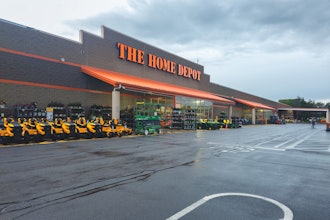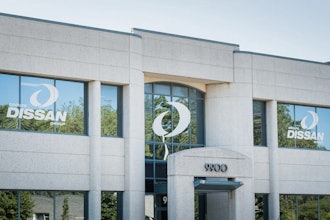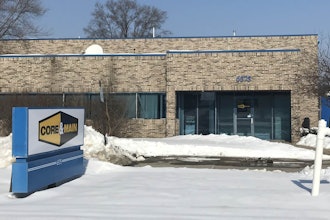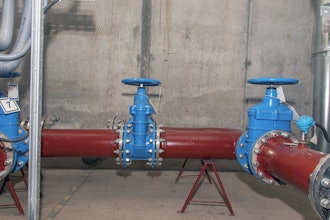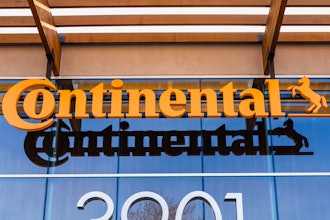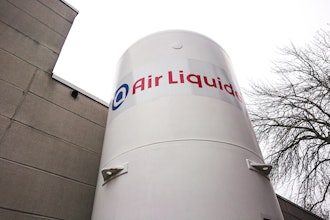Descartes Systems Group recently announced the acquisition of CORETransport Technologies NZ Limited. Headquarted in Nelson, New Zealand, CORE had achieved impressive reach in the field of electronic transportation scanning and tracking. Just about one year ago, CORE celebrated the milestone number of 15,000 COREInsight Bluetooth Tracking tags shipped.
The leadership at Descartes clearly saw major possibilities in the technology offered by CORE, noting the ever-increasing need to have efficiency and real-time data streams built into the process as e-commerce continues to dominate in distribution.
To learn more about the acquisition, Industrial Distribution interviewed Scott Sangster, vice president of Global Logistics Network for Descartes.
Industrial Distribution: What was it about the CORE technology that made you feel the company would be a good match for Descartes?
Scott Sangster: Descartes has been a trusted technology provider to the air cargo industry from more than 20 years. The acquisition of CORE helps us to expand our footprint and better support this important segment of our business by expanding our Global Logistics Network reach and concentration, extending our application footprint for air carriers and ground handlers with additional real-time tracking solutions, and strengthening the community of air carriers and ground handlers we serve.
ID: What aspects of the CORE technology do you feel meet the emerging challenges in the area of logistics?
SS: Customers use CORE’s technology to accurately track international and domestic mail, parcel, and cargo shipments. E-commerce is driving up worldwide volumes for mail and parcel. CORE’s tracking and analytics solutions are helping to make the associated processes more efficient with enhanced visibility and automation.
ID: As distribution companies move forward, what likely changes in the area of supply chain and logistics—good and bad—do you think will be most surprising to them?
SS: No one can predict how geopolitics will evolve, and regulation tends to have a significant impact on supply chain and logistics, especially for international operations. These changes could take the form of security regulations, trade embargoes, and tariffs, all of which can impact an organization’s supply chain.
For example, companies may need to send additional data transmissions to pre-clear goods and comply with new security regulations. In another example, companies may also need to develop alternate sourcing strategies for products due to tariffs or embargoes. The resulting requirements or opportunities to change the supply chain for the acquisition or delivery of goods is critical to maintaining an efficient supply chain and effectively managing costs.
It’s important for distribution companies to ensure they have responsive operations and supporting technology to be in a better position to analyze and manage change as it comes up.
ID: How specifically does streamlining supply chain and logistics provide competitive advantage in the current and emerging marketplace?
SS: Agility and top-notch customer service are key competitive advantages in any logistics-intensive industry. Performing well in these areas requires an effective and efficient supply chain and logistics operations that can rapidly respond to evolving customer requirements. It’s also important that the technology deployed readily provides the data and capabilities to support the visibility, decision support and exception management required.











